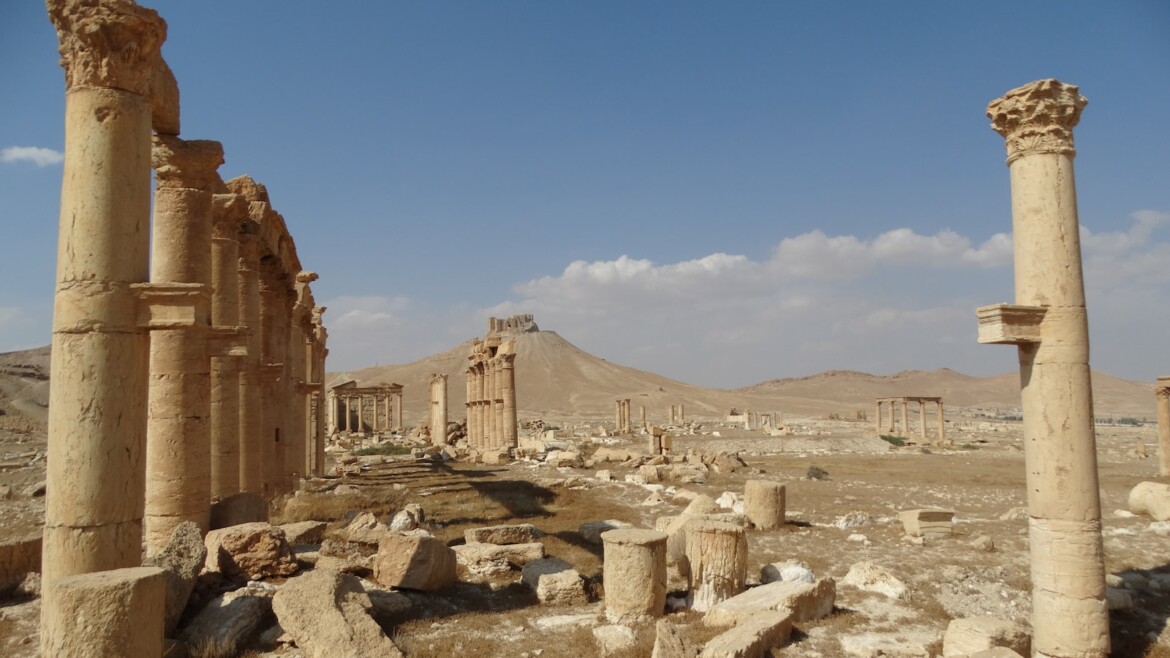Rajab 15 year 680 AD (60 AH): Death of Mu’awiya ibn Abi Sufyan
Rajab 15 in the Islamic calendar corresponds to an important event in early Islamic history. On this day, Mu’awiya ibn Abi Sufyan, the sixth caliph of the Rashidun Caliphate and the first caliph of the Umayyad Caliphate, passed away in the year 680 AD (60 AH). His death marked a significant turning point in the leadership of the Islamic community.
After the death of Mu’awiya, his son Yazid ibn Mu’awiya succeeded him as the caliph, claiming the leadership of the Muslim world. However, this transition of power was not without controversy and opposition, particularly from the supporters of Imam Hussain ibn Ali, who was the younger brother of Yazid’s father, Mu’awiya.
Imam Hussain, along with a group of loyal companions and family members, refused to recognize the legitimacy of Yazid’s claim to the caliphate. They believed that Yazid’s leadership was unjust and went against the principles of Islam. Imam Hussain received numerous letters from the people of Kufa, inviting him to lead a revolt against Yazid’s rule and restore justice and righteousness to the Muslim community.
As a response to the people’s call for help, Imam Hussain embarked on a journey from Mecca towards Kufa, along with his family and followers. However, on the way to Kufa, they were intercepted by the Umayyad forces led by Umar ibn Sa’ad, and the tragic events of the Battle of Karbala unfolded on the day of Ashura, resulting in the martyrdom of Imam Hussain and his companions.
Imam Hussain’s stand against Yazid’s illegitimate rule at Karbala and his ultimate sacrifice have become emblematic of resistance against oppression and tyranny in Islam. The events of Rajab 15 and the subsequent events of Karbala remain deeply significant in Islamic history, particularly for Shia Muslims, who commemorate this period every year during the month of Muharram and mourn the martyrdom of Imam Hussain and his companions on the day of Ashura.

